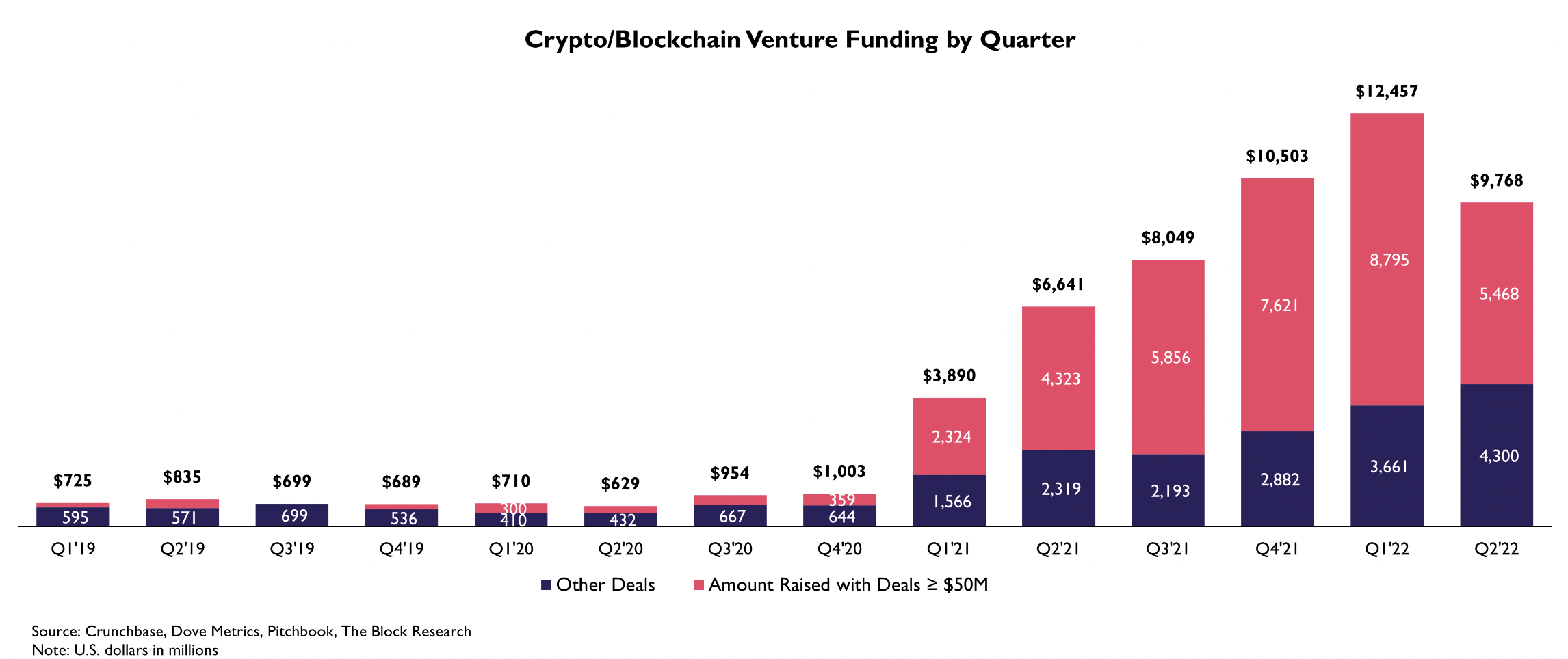Crypto lender Nexo has bought a stake in Summit National Bank, a U.S. federal bank regulated by the Office of the Comptroller of the Currency (OCC).
Sharing the news exclusively with The Block on Tuesday, Nexo said the deal will expand its presence in the U.S., enabling the firm to offer bank accounts, lending and card services to both retail and institutional clients. The bank’s clients will be able to access Nexo’s crypto services, said the firm.
“It is a minority stake” acquisition in the bank, or less than 50%, Nexo co-founder Antoni Trenchev told The Block. He declined to comment on the deal size but said it is all in cash and the transaction has been completed.
The news comes a day after eight U.S. states — California, Kentucky, New York, Maryland, Oklahoma, South Carolina, Washington and Vermont — brought actions against Nexo, alleging that the firm offered unregistered, interest-bearing crypto accounts to users.
Commenting on the actions, Trenchev said Nexo voluntarily ceased the onboarding of new U.S. clients for its yield product and stopped the product for new balances for existing clients after the Securities and Exchange Commission (SEC) issued an order against the firm’s rival BlockFi in February 2022. BlockFi at the time settled state and federal actions with a $100 million penalty.
“Nexo is committed to finding a clear path forward for the regulated provision of products and services in the U.S., ideally on a federal level,” said Trenchev.
The bank deal
Summit National Bank, formerly Hulett National Bank, was formed in 1984. Its founders remain unknown, but the current majority shareholder and chairman of the board is Forrest Gilman, said Trenchev.
Gilman has previously held positions at banking giants UBS, Deutsche Bank and Citigroup, according to his LinkedIn profile. “We are delighted to welcome Nexo aboard,’’ Gilman said in a statement. “This is the culmination of more than two years of unfaltering dedication to combining Summit National Bank’s traditional approach and values with our vision for the bank’s future.”
The deal had been in the works for more than two years, according to Trenchev. Asked if regulatory approvals have been sought, he said “whatever approvals were needed have been secured,” declining to comment on specific details.
The deal has been “reviewed” by the OCC as part of the bank’s general overhaul plan, per the statement.
A Summit National Bank spokesperson declined The Block’s request for comment on this story, but said Hulett Bancorp (doing business as Mode Eleven) is the entity that owns Summit National Bank. Gilman is also the chairman of Mode Eleven’s board, per his LinkedIn profile.
As part of the deal, Nexo co-founder and managing partner Kalin Metodiev has joined the bank’s board of directors.
Summit National will continue to operate independently, said Trenchev, adding that there are about 50 people working for the bank.
Law firm Schulte Roth & Zabel acted as the legal advisor for the deal, according to Trenchev. There were no banking advisers, he said, adding that Nexo’s internal mergers and acquisitions (M&A) team evaluated the transaction.
Nexo is also looking to acquire a stake in a European bank, said Trenchev, declining to provide further details.
Alongside banking acquisitions, the lender is also considering acquiring rival troubled crypto lender Vauld. It recently extended its due diligence period on Vauld, meaning a decision won’t be known until at least the first week of October. Trenchev also declined to provide an update on the potential Vauld deal.
© 2022 The Block Crypto, Inc. All Rights Reserved. This article is provided for informational purposes only. It is not offered or intended to be used as legal, tax, investment, financial, or other advice.
